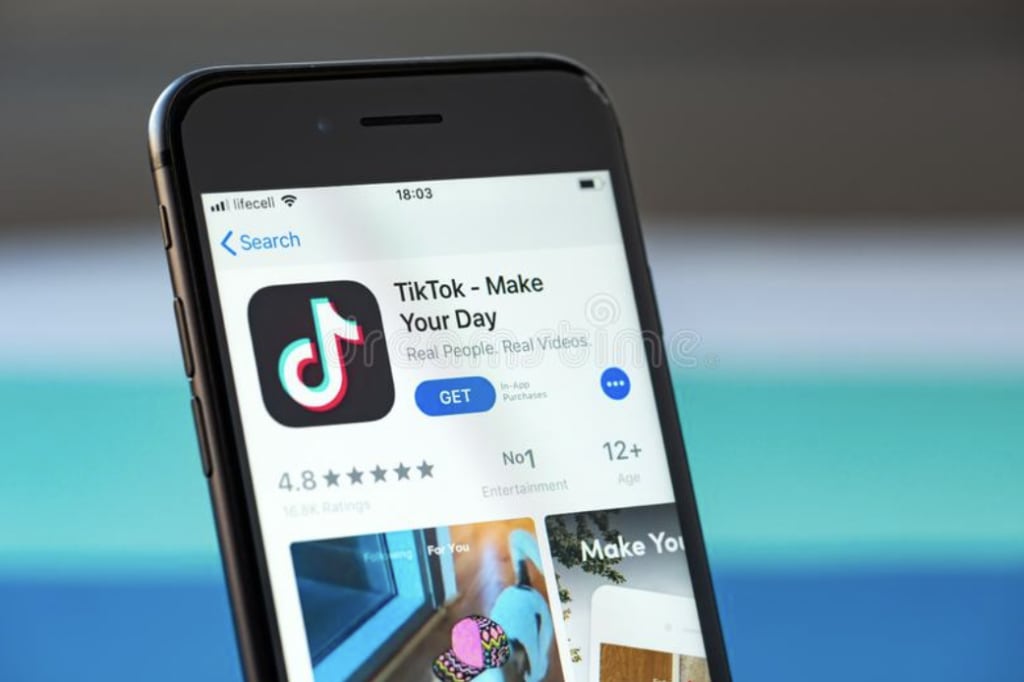The TikTok Lawsuit: What You Need to Know
TikTok, the popular social media app, has recently come under fire in the United States due to concerns over national security.

These concerns have resulted in a lawsuit filed against TikTok by the US government, making it a hot topic in the news. In this article, we'll take a closer look at the TikTok lawsuit and what you need to know.
Background
TikTok has quickly become a global phenomenon, taking the world by storm with its short-form videos that combine music, humor, and creativity. Launched in 2016 by ByteDance, a Chinese internet technology company, the app has experienced tremendous growth with over 100 million users in the United States alone. However, this success has come with its share of controversy, with concerns over user data privacy and national security.
In 2019, the US Federal Trade Commission (FTC) fined TikTok $5.7 million for violating child privacy laws. The app was accused of collecting personal information from children without parental consent, leading to the hefty fine. This incident raised concerns over data privacy not just for minors but all TikTok users.
The Lawsuit
On August 6, 2020, President Donald Trump signed an executive order that banned "any transaction by any person, or with respect to any property, subject to the jurisdiction of the United States, with ByteDance Ltd.," the Chinese parent company of TikTok. This order was issued due to concerns that user data could be accessed by the Chinese government, hence posing a threat to national security.
In response, TikTok filed a lawsuit against the US government, challenging the ban and claiming that it was unwarranted. In the lawsuit, TikTok states that they have taken numerous steps to safeguard user data, including storing it in the United States and allowing for third-party audits. The lawsuit alleges that the executive order was issued without due process and violated the company's constitutional rights.
On September 27, 2020, a judge blocked the ban from taking effect, citing due process concerns. The judge ruled that TikTok could continue to operate in the United States, and the ban would not take effect for a week. The deadline for the ban to take effect has since passed, and TikTok continues to be available in the United States.
Implications
The TikTok lawsuit has far-reaching implications for the tech industry and international relations. The ban on TikTok represents a growing trend of increased scrutiny and regulation of tech companies by governments worldwide. The US government's concerns over national security have rekindled debates over the safety of user data in the digital age.
By banning a major social media platform, the United States has taken a significant step that could potentially be replicated by other countries. This move could signal a shift away from free and open online platforms to state-controlled alternatives. The lawsuit also highlights the importance of protecting data privacy, national security, and constitutional rights in the digital age.
TikTok's lawsuit also raises concerns over international relations between the United States and China. The tension between the two countries has been growing, with trade, technology, and security being the most significant areas of contention. The TikTok lawsuit adds fuel to the already tense situation and raises questions over the future of US-China relations.
Conclusion
The TikTok lawsuit is an ongoing legal battle that raises significant questions over national security, data privacy, and constitutional rights. TikTok's challenges against the ban have several implications for the tech industry, international relations, and the digital age.
While the future of TikTok in the United States is still uncertain, the lawsuit has highlighted the need for increased attention to data privacy, national security, and constitutional rights. The tech industry must take steps to safeguard user data, while governments worldwide must ensure that regulations do not infringe on individual rights and freedoms.
The TikTok lawsuit is an ongoing saga, and its conclusion remains uncertain. However, it has already made an impact on the tech industry and international relations. As we navigate the digital age, it is essential to balance security concerns with individual rights to ensure a free and open internet for all.





Comments
There are no comments for this story
Be the first to respond and start the conversation.